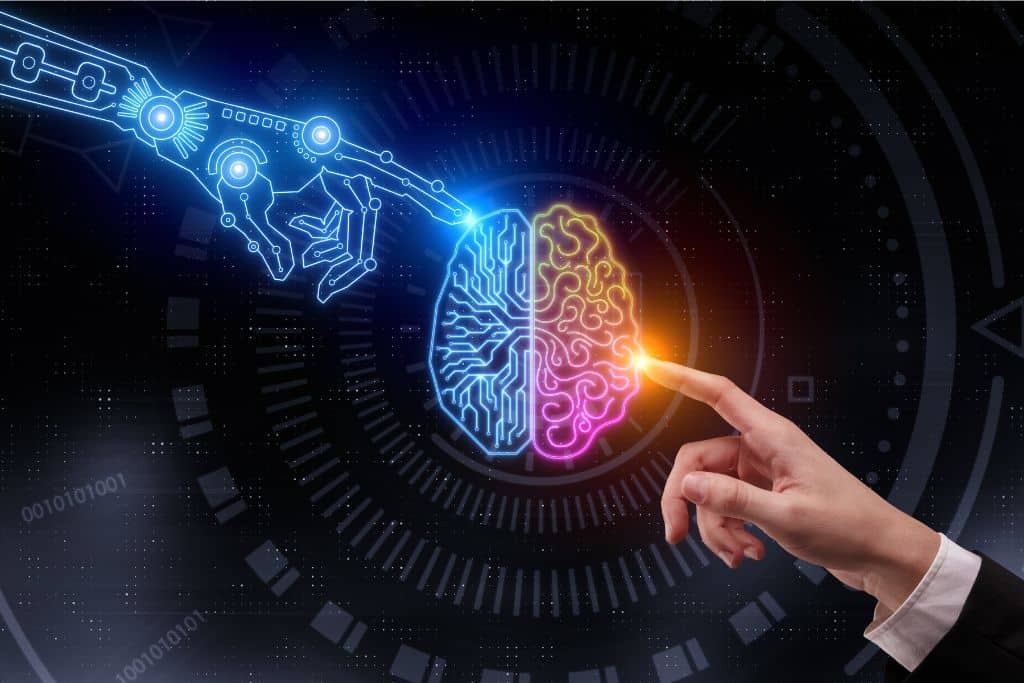AI Crisis Workshop
The Double-Edged Sword: Exploring AI's Impact on Scientific Research

Workshop participants discussing the implications of AI in scientific research
AI and AI Crisis in Science Workshop
On July 8th, 2025, we held a groundbreaking workshop exploring the complex relationship between artificial intelligence and scientific research. This workshop brought together leading researchers, ethicists, and AI practitioners to discuss how AI serves as a double-edged sword in the scientific community.
The workshop addressed critical questions about AI's role in modern science: How can we harness AI's unprecedented capabilities while mitigating its potential risks? What are the ethical implications of AI-driven research? How do we ensure scientific integrity in an age of automated discovery?
The Double-Edged Nature of AI in Science
Understanding both the transformative potential and inherent risks of artificial intelligence in scientific research
Beneficial Aspects
- Accelerated data analysis and pattern recognition
- Automated hypothesis generation and testing
- Enhanced precision in experimental design
- Discovery of hidden correlations in complex datasets
- Reduced human bias in data interpretation
- 24/7 research capability without fatigue
- Cross-disciplinary knowledge integration
Potential Risks
- Over-reliance on algorithmic decision-making
- Black-box models lacking interpretability
- Perpetuation of biases present in training data
- Reduced human critical thinking and creativity
- Ethical concerns in AI-driven experimentation
- Risk of false discoveries due to data overfitting
- Loss of scientific intuition and serendipity
Interdisciplinary Collaboration
The workshop brought together experts from computer science, neuroscience, ethics, and philosophy to foster meaningful dialogue about AI's role in scientific advancement.
Ethical Framework Development
Participants worked on developing comprehensive ethical guidelines for AI use in research, addressing issues of transparency, accountability, and scientific integrity.
Future Research Directions
The workshop identified key areas for future investigation, including explainable AI in science, bias detection methods, and human-AI collaboration frameworks.
Risk Mitigation Strategies
Discussions focused on developing robust safeguards and validation methods to ensure AI enhances rather than compromises scientific rigor and reproducibility.
Key Takeaways
The workshop concluded with several important insights: AI should be viewed as a powerful tool that augments human scientific capabilities rather than replacing human judgment. The scientific community must proactively address AI's challenges while embracing its transformative potential.
Moving forward, we emphasized the need for continued dialogue between AI developers and domain scientists, the establishment of clear ethical guidelines, and the development of AI literacy among researchers across all scientific disciplines.
This workshop represents the beginning of an ongoing conversation about responsible AI integration in science, ensuring that technological advancement serves the greater good of scientific discovery and human knowledge.